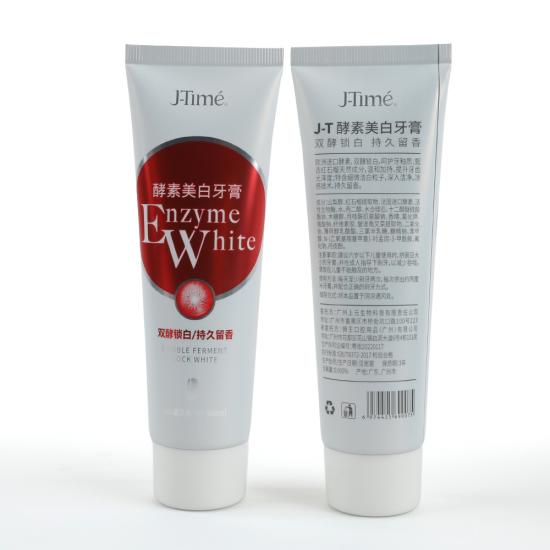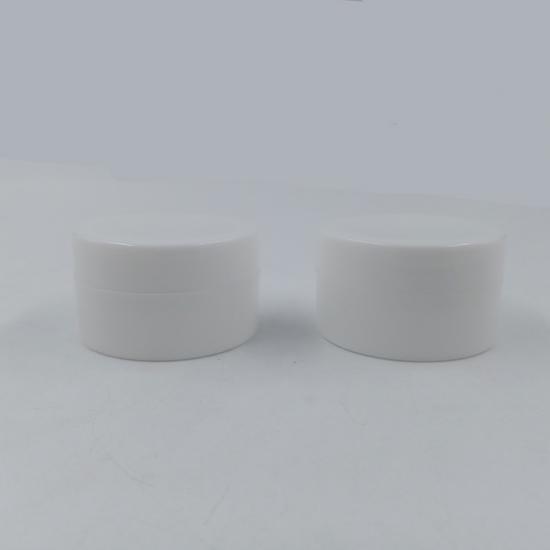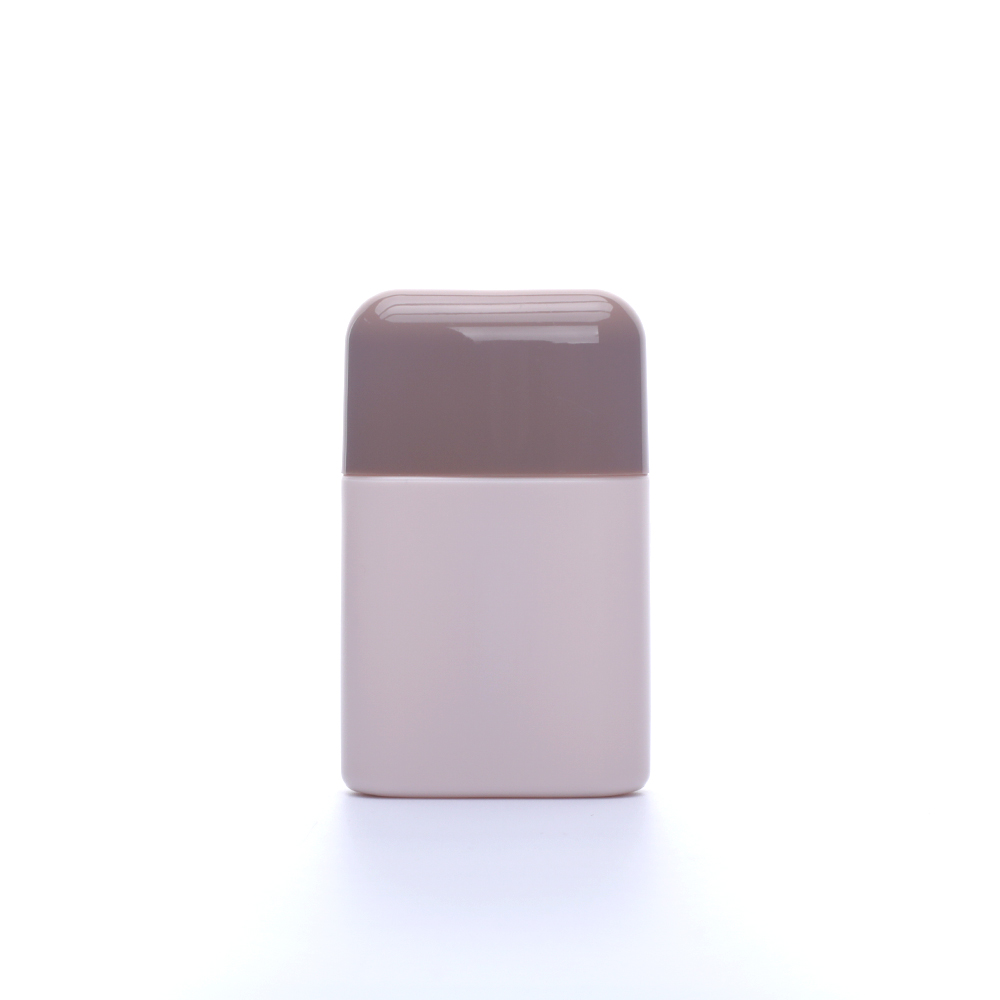Guangzhou Qiaoneng Producto de plástico CO., LTD es un fabricante profesional de envases cosméticos que se integra con I + D, producción y venta de tubos, botellas de plástico cosméticos, frascos de plástico de flexible Embalaje.
empresa establecimiento




























¿Está buscando un embalaje cosmético único, especial y atractivo en el mercado ? Ven a Qiaoneng, su propia fábrica de alta tecnología moderna con equipos avanzados en Guangzhou China, Oferta One-Stop Personalización Servicio, solo díganos qué quiere, le ayudamos a los sueños de ser real, deje que su producto sea ¡Excepcional!

Polyethylene (PE) is the most widely used plastic globally, valued for its versatility, cost-effectiveness, and adaptable properties. Its features vary by density (e.g., LDPE, HDPE, LLDPE), but core characteristics include: Core Features: 1. Chemical Resistance - Highly resistant to acids, bases, solvents, alcohols, and water. - Ideal for containers holding cleaning agents, fuels, and chemicals. 2. Moisture Barrier - Excellent water vapor barrier (low permeability), making it perfect for packaging films, bottles, and pipes. 3. Flexibility & Toughness - LDPE/LLDPE: Highly flexible, impact-resistant (e.g., squeeze bottles, plastic bags). - HDPE: Rigid yet tough (e.g., milk jugs, cutting boards). 4. Electrical Insulation - Low electrical conductivity, widely used in wire/cable coatings. 5. Lightweight - Low density (0.91–0.97 g/cm³), reducing transport costs. 6. Ease of Processing - Easily molded via injection molding, blow molding, or extruded into films/fibers. 7. Food-Safe & Non-Toxic - FDA/EC compliant grades available for food packaging and medical devices. 8. Recyclability - Widely recycled (♳: HDPE, ♴: LDPE). --- Variants & Their Unique Traits: Type Density Key Properties Common Uses ---------------------------------------------------------- HDPE High (0.94–0.97 g/cm³) Rigid, strong, weather-resistant Pipes, fuel tanks, toys, hard hats LDPE Low (0.91–0.93 g/cm³) Flexible, transparent, easy to seal Plastic bags, cling film, squeezable bottles LLDPE Linear Low Superior puncture/impact resistance Stretch wrap, agricultural films, covers UHMWPE Ultra-High Extreme abrasion resistance, low friction Medical implants, conveyor belts, bulletproof vests --- Limitations: - Low Heat Resistance: Softens at 80–120°C (varies by type). - UV Degradation: Requires additives (e.g., carbon black) for outdoor use. - Poor Adhesion: Surface treatments needed for printing/gluing. - Permeable to Gases: Not ideal for carbonated drinks (often uses PET instead). --- Applications: - Packaging: Bags, films, bottles, containers. - Construction: Pipes, geomembranes, insulation. - Consumer Goods: Toys, kitchenware, caps. - Industrial: Chemical tanks, cutting boards, bearings. PE’s balance of durability, processability, and recyclability ensures its dominance across industries, though selecting the
Jul 09, 2025
Key Limitations of AS Plastic: 1. Poor UV Resistance - Turns yellow or becomes brittle when exposed to sunlight/UV rays. - Impact: Unsuitable for transparent packaging meant for sun-exposed displays (e.g., storefronts). Requires UV stabilizers or opaque coatings. 2. Low Chemical Resistance to Solvents - Vulnerable to strong solvents (e.g., acetone, ketones, chlorinated hydrocarbons). - Impact: May crack or haze when filled with solvent-based cosmetics (e.g., nail polish removers, certain perfumes). 3. Moderate Barrier Properties - Allows higher oxygen/moisture transmission than PET or PP. - Impact: Not ideal for oxidation-sensitive formulas (e.g., vitamin C serums, organic oils) unless paired with special liners. 4. Thermal Sensitivity - Low heat deflection temperature (∼90–100°C). - Impact: Cannot withstand hot-fill processes or high-temperature sterilization (e.g., autoclaving). May deform in hot climates during transit. 5. Limited Impact Resistance - More brittle than ABS, PC, or PP. Prone to cracking under sharp impacts. - Impact: Risky for travel-friendly packaging or dense products (e.g., thick creams in large jars). 6. Scratch Vulnerability - Softer surface than PMMA or glass. Easily scratched during handling. - Impact: Loses clarity/gloss over time; affects premium aesthetics. 7. Not Food-Grade Compliant for All Regulations - Some AS formulations may leach styrene monomers under extreme conditions. - Impact: Requires strict compliance testing for lip/eye products in regulated markets (e.g., EU, FDA). When to Avoid AS Plastic in Cosmetics: - Products requiring long-term UV exposure (e.g., sunscreen, window-displayed items). - Formulas with high solvent content (e.g., nail polish, removers, alcohol-heavy toners >20%). - Hot-fill processes (e.g., molten waxes, hot-pour formulations). - Oxygen-sensitive actives (e.g., retinoids, unstable antioxidants). - High-impact applications (e.g., thick cream jars, compacts prone to dropping). --- Alternatives for Demanding Applications: | Limitation | Better Alternatives | |---------------------|----------------------------| | UV Resistance | PMMA (acrylic), UV-stabilized PET | | Chemical Resistance | PP, HDPE, COP/COC | | Barrier Properties | PET, EVOH-multilayer, Glass | | Heat Resistance | PP, PPSU, Glass ...
Jun 24, 2025Por favor, siga leyendo, permanezca publicada, suscríbase, y le invitamos a decirnos lo que piensa.